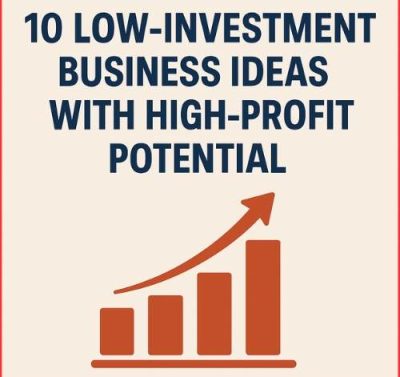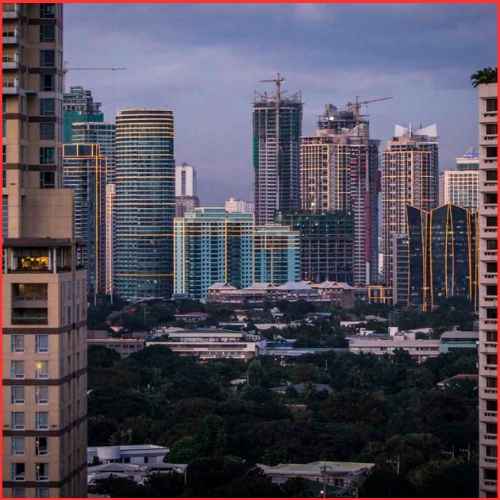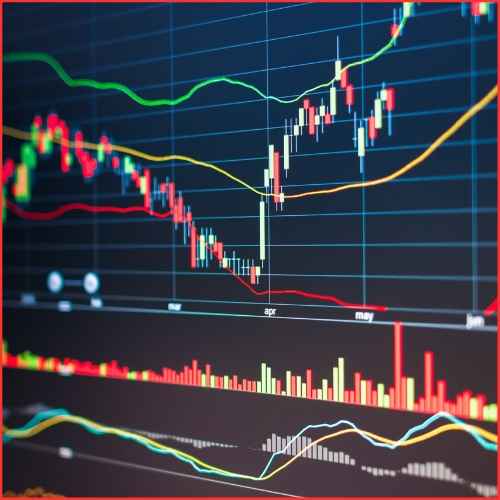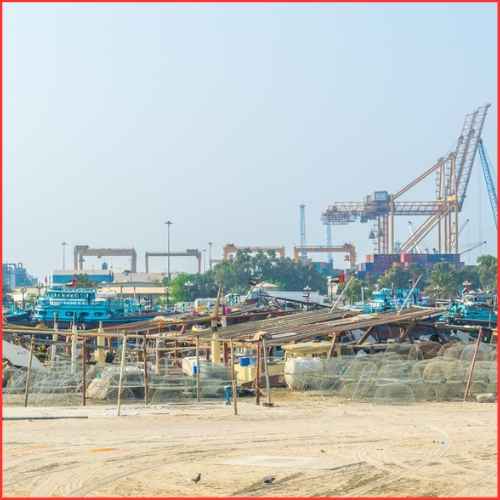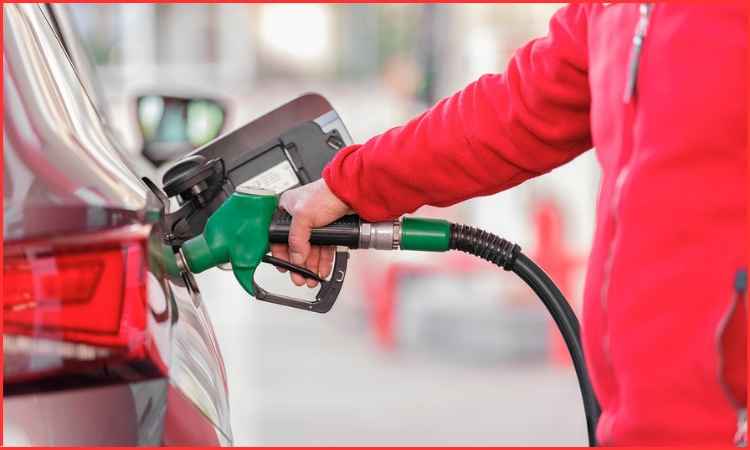
The Union Government of India has announced a raise in the excise duty on petrol and diesel by Rs 2 per litre, which will have an effect on the energy sector.
The Department of Revenue said in a notification that the higher excise tax rates would go into effect on April 8, 2025. While diesel now has an excise charge of Rs 10 per litre, petrol now has an excise duty of Rs 13 per litre. Public sector oil marketing companies (OMCs) have stated that the retail prices of petrol and diesel will not be changed in spite of this increase in excise levies. Customers won’t have to deal with a sudden rise in retail fuel prices because the price at which they buy petrol at the pumps will stay the same.
In accordance with section 147 of the Finance Act of 2002 and section 5A of the Central Excise Act of 1944, the government has decided to increase the excise charge on petroleum products. According to the notification, the public interest justifies the rise in excise duty. These actions are a part of the government’s budgetary plan to modify revenues in reaction to different market conditions.
Trends in the Price of Crude Oil Worldwide and Their Effects
The increase in excise tax corresponds with significant fluctuation in the price of crude oil on a global level. As of April 7, Brent crude was trading at $63.23 per barrel, down more than 3 percent from last week’s more than three-year low of $62 per barrel. Numerous variables, including tension about worldwide demand and current geopolitical tensions, especially the escalating trade war, are cited by experts as the cause of this price decrease.
Discussions on whether the Indian government should lower retail fuel costs for customers have been triggered by the recent decline in oil rates. Given that crude oil prices have dropped to $65 per barrel, which is way lower than recent highs, many people find the idea of cutting fuel prices to be appealing.
However, in response to shifts in the market, the government has chosen to implement the increase in excise duty. The government has made it clear that this choice was made in the greater interest of sustaining fiscal health, despite some critics’ claims that the excise duty price increases could put more financial strain on the general public.
Previous Fuel Price Freezes and Excise Duty Reductions
Prior to the Lok Sabha elections on March 14, 2025, India’s fuel prices witnessed their most recent major shift. Following a period of price freezes that had been in effect since May 22, 2022, the government reduced fuel prices on that date. The government has already cut excise taxes twice during this period. Excise taxes on fuel and diesel were reduced by Rs 13 and Rs 16 per litre, accordingly, in 2022.
Political considerations have always influenced when these price changes occur, particularly in view of the fluctuation of the world’s oil prices. Although the public has supported the government’s decision to freeze or reduce prices, some industry analysts have criticised it, arguing that frequent changes made in response to changing market conditions are not necessarily sustainable.
Worldwide Market and Prospects
In a larger sense, there are currently difficulties in the world oil market. Recently, Goldman Sachs updated its prediction that crude oil prices will decline globally. The investment bank dropped its forecast for the average price of Brent crude oil to $69 per barrel for the year by 5.5 percent. Likewise, it anticipated an average price of $66 per barrel for West Texas Intermediate (WTI) crude oil, a 4.3 percent decrease from its original prediction.
Concerns about increasing output from OPEC+ (the Organisation of Petroleum Exporting Countries and its allies) and the possible economic consequences of continued trade disputes between major world countries are two factors contributing to these changes. The outlook for oil prices in the near future is being tempered by the combination of an increased supply and the potential for a worldwide recession.
Oil markets are still volatile despite the recent decline in global crude prices, and analysts are constantly tracking economic and geopolitical developments that may have additional effects on gasoline costs globally. The recent increase in excise duty is part of India’s fiscal strategy, which maintains a balance between controlling domestic revenue and adapting to the complexities of the world oil market.
As things progress, the Indian government and customers will have to deal with the continuous unpredictability of the world energy markets, and many are still not sure if more adjustments to fuel pricing regulations will be required in the months ahead.






